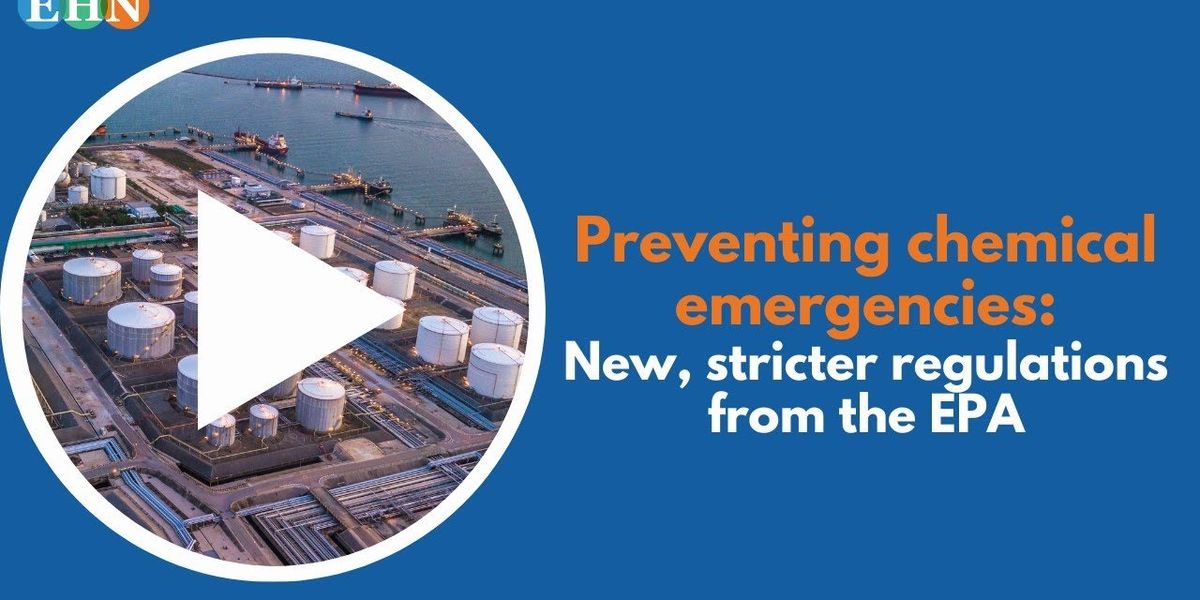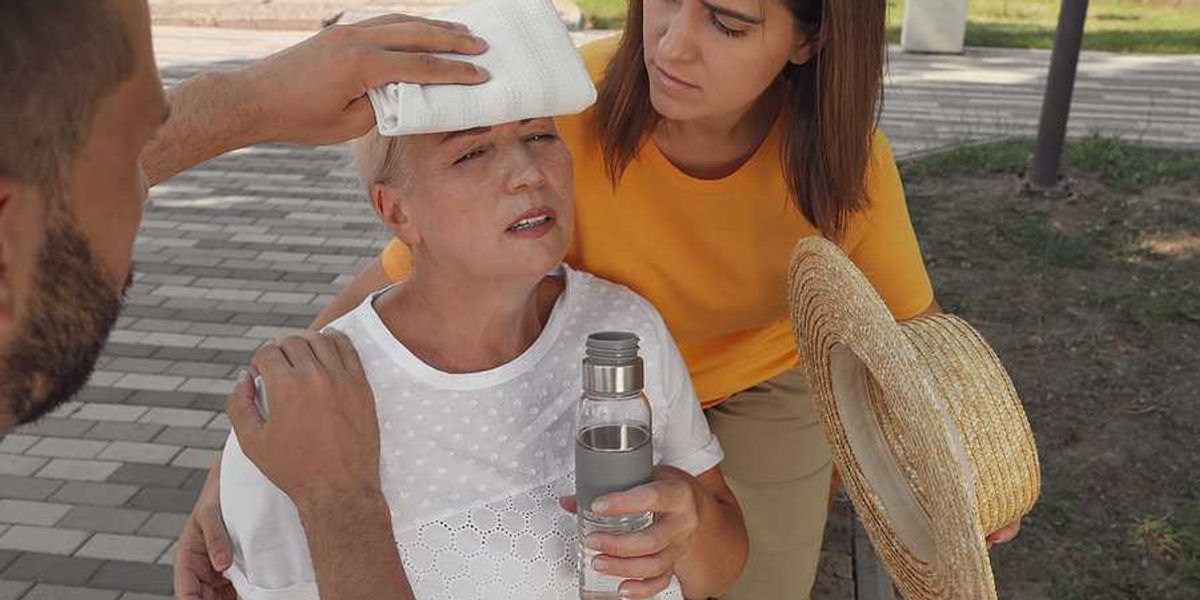EPA announces stricter rules to prevent chemicals incidents
“It’s a win and a step forward.”
HOUSTON — On March 1, the U.S. Environmental Protection Agency (EPA) published updates to its Risk Management Plan (RMP) rule with stricter regulations for chemical accident prevention.
The Coalition to Prevent Chemical disasters estimates that one chemical incident occurs every other day in the U.S and our previous reporting shows disproportionate impacts on Latino communities in Texas. Annually, the state has more chemical disasters than any other: 49 incidents in 2023, with the Houston-Galveston area accounting for 26 of them.
The updated regulations were proposed in August 2022 and signed on Feb. 27, 2024. Its stated goal is to “protect vulnerable communities from chemical accidents, especially those living near facilities in industry sectors with high accident rates,” according to the EPA. The Risk Management Plan rule published its first regulation in 1996, regulating nearly 12,000 facilities in the U.S. that manufacture, store or use hazardous chemicals.
To read a version of this story in Spanish click here. Haz clic aquí para leer este reportaje en español.
The new rule is a result of listening sessions by the EPA in which industry, advocates, scientists and fenceline residents voiced their concerns. According to the new rule, facilities handling hazardous materials must consider safer technologies and practices, and the possibility of events caused by climate change in their emergency management plans. When a chemical incident occurs, the facility will have to undergo third-party testing to find the root cause and what could have prevented it. Any disconnection or disabling of air monitors in an emergency would be in violation of this rule and must be reported to the EPA. As a result, backup power options must be explored to prevent lack of emissions readings in events that result in the loss of power.
In addition, to increase transparency about these facilities, the EPA has launched the RMP data tool in which the public can identify high-risk chemical facilities in their area.
“It’s information we’ve called for for decades now at this point,” Federal Policy director of the organization Coming Clean, Maya Nye, told Environmental Health News (EHN). “And I think that’s a huge win, because communities have a right to know what facilities and hazards are in [their] backyard.” Coming Clean is a network of 150 organizations across the country including advocacy groups, environmental health experts and researchers that advocate for safer chemical facilities.
At this moment, the tool has only launched in English.
“There is still room for improvement,” Nye said.
The Obama administration signed an executive order asking the EPA to update the RMP after the April 2013 fertilizer plant explosion in West, Texas. The new requirements were issued in January 2017, just before the Trump administration took office. As a result, “key provisions were paused, and most never went into effect,” according to the EPA. In 2019, the Trump administration scaled back and removed measures proposed in the Obama rule.
Nye doesn’t believe it would be as easy to deregulate the rule if a new president took office in 2025.
“The reason why [the rule] was rolled back under the Trump administration… was because it happened so late in the Obama administration and that prompted a congressional review,” Nye said. “But for this time period, we are pretty sure the rule has gotten in more than enough time to not have to be considered the same way.”














